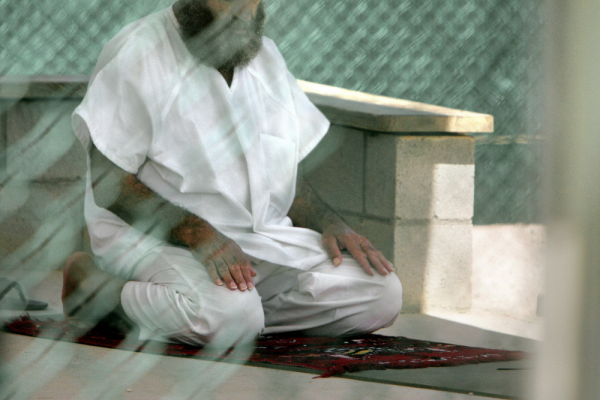My first foray into critical race theory was short-lived. I began by picking up Tommy J. Curry’s essay “Will the Real CRT Please Stand Up?” Three pages in I realized I did not know enough about race scholarship or CRT to appreciate his arguments.
On launch day, Meghan Fitzmartin, one of the writers for the issue (along with Joshua Williamson, Matthew Rosenberg, and Chip Zdarsky) tweeted, “My goal in writing has been and will always be to show just how much God loves you. You are so incredibly loved and important and seen…”
Interestingly, when I revisited a lot of Dr. King’s speeches and civil rights history, [I noticed that he] would often mention Beloved Community, but there wasn't like a singular speech where he completely unpacked what the Beloved Community means. And so in one sense, it was almost like it was assumed that a lot of people understood what the concept meant, or maybe he was hoping that people would kind of fill in [the gaps] with their own values and priorities. And so I feel there is a need to recast the vision for the Beloved Community in more contemporary terms.
Rev. Megan Rohrer became the first openly transgender bishop of any mainline denomination in the country during an installation ceremony Saturday in San Francisco.
People in the United States have deeply conflicting understandings of our nation’s history: Are we a nation that guarantees “liberty and justice for all”? Or are we a nation that will continue to confine this promise to only certain Americans, falling short of realizing this promise for all? When we explore these questions, we start to see that many injustices that show up today have been with us since the nation’s founding.
Muslim detainees at Guantanamo are “indefinite prisoners of war,” held on suspicion of crimes they may or may not have committed. It would be easy to believe that Guantanamo is unique in regards to how it treats those the United States has deemed its enemies. But in reality, Guantanamo is an extension of the U.S. prison system.
On Sept. 15, 2001, Balbir Singh Sodhi, a Sikh man, was killed while he was planting flowers at the gas station he owned in Mesa, Ariz., becoming the first victim of post-9/11 hate crimes. For then-college student Valarie Kaur, the murder of “Balbir Uncle”— as he is known to Kaur and others in the Sikh community — was a pivotal moment.
What does it mean, now two decades past this traumatic event, to “never forget” 9/11? And why are we simultaneously encouraged to “move on from the past” when it comes to other great American tragedies, like the genocidal erasure of Indigenous peoples, or the horrific violence against Black people from chattel slavery through Jim Crow?
For the first time, the leaders of the Roman Catholic Church, the Eastern Orthodox Church, and the Anglican Communion came together to issue a joint statement.
In “A Joint Message for the Protection of Creation,” Pope Francis, Ecumenical Patriarch Bartholomew I, and Archbishop Justin Welby of Canterbury stressed that Christians need to take part in mitigating climate change. The statement urged individuals and public leaders to play their part in “choosing life” for the future of the planet, and warned of the urgency of environmental sustainability, its impact on poverty, and the importance of global cooperation.









